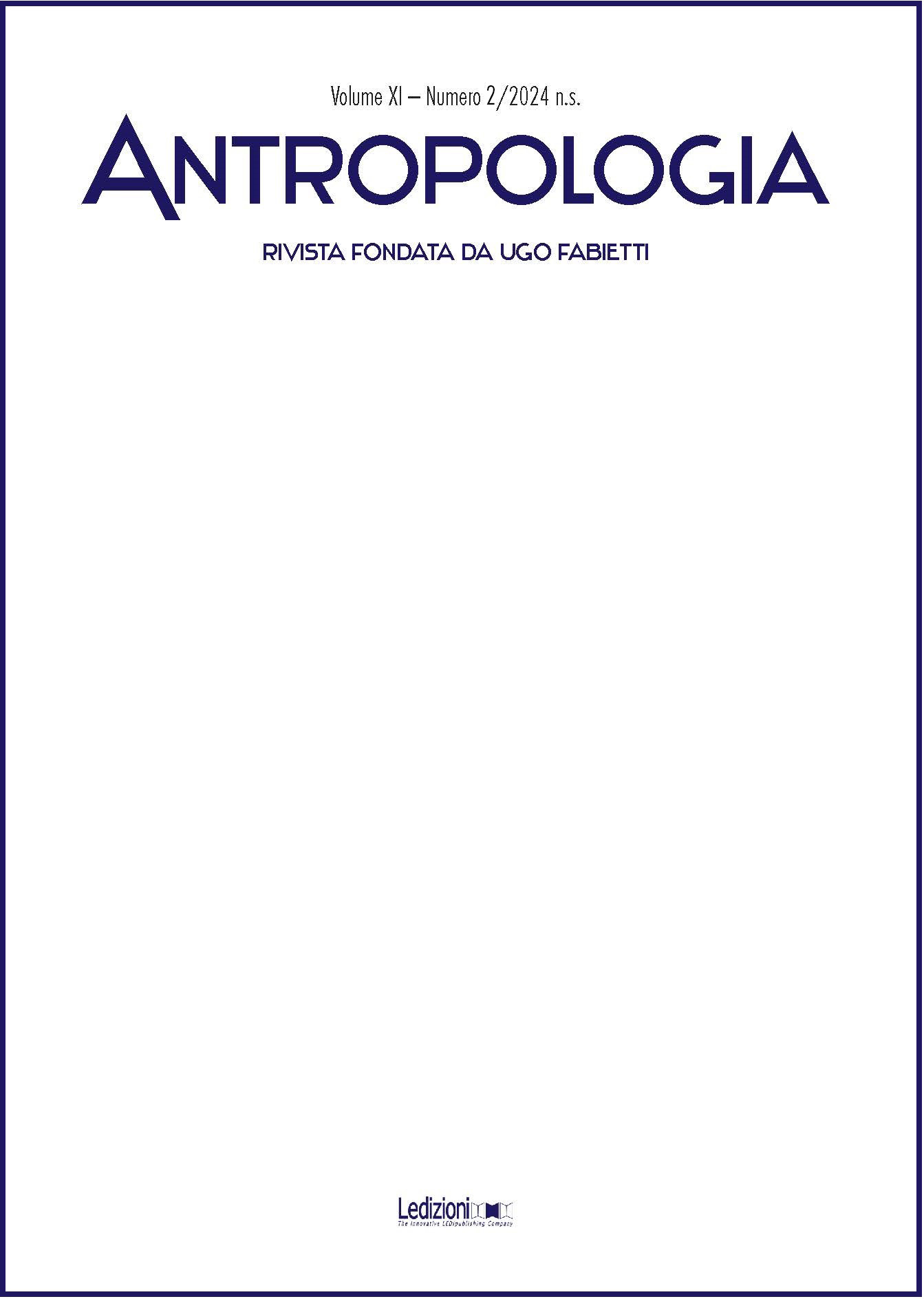Violating Statutory Bans: an Ethnography of “Forbidden” Marriages in the Highlands of Madagascar
DOI:
https://doi.org/10.14672/ada20242pp10-24Keywords:
Madagascar, Kinship, stigma, Legacies of Slavery, InterdictionsAbstract
The academic literature on the legacies of slavery in Madagascar (as in other African contexts) has stressed how marriage interdictions between people of free origin and slave descendants still characterize, in often silent but pervasive ways, the reproduction of local kin networks and contribute to reaffirm the stigma associated to slave origin. This article focuses instead on the stories, difficulties, and experiences of those who have - knowingly or unknowingly - violated these interdictions, creating – often at the risk of being excluded from their respective families – new bonds of kinship and intergenerational care that laboriously attempt to transcend the constraints of local statutory distinctions. Generally not formalized, these “forbidden” unions not only contribute to produce tensions, conflicts, and profound reformulations of local forms of relationality, but also reveal the contradictions that emerge between the need to keep “family purity and honour” intact and the principles of inclusiveness and extended kinship linked to the local concept of fihavanana (lit. “to act like a relative”).
Downloads
Published
Issue
Section
License

This work is licensed under a Creative Commons Attribution 4.0 International License.
Authors maintain the copyright of their original work and grant the Journal the right to first publication, licensed after 36 months under a Creative Commons Licence – Attribution, which allows others to share the work by indicating the authorship and first publication in this journal.
Authors may agree to other non-exclusive licence agreements for the distribution of versions of their published work (for example in institutional archives or monographs) under the condition that they indicate that their work was first published in this journal.



